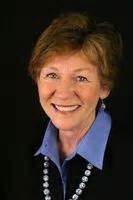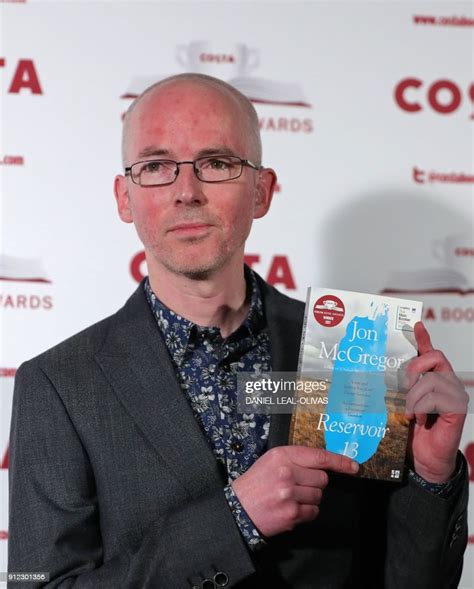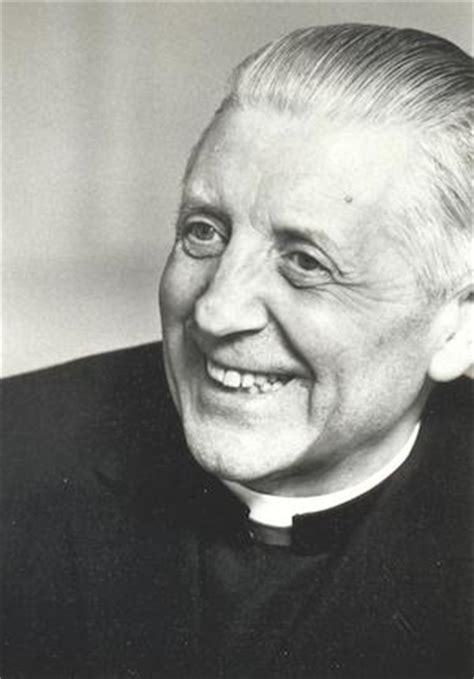A Quote by Ursula K. Le Guin
We scarcely know how much of our pleasure and interest in life comes to us through our eyes until we have to do without them; and part of that pleasure is that the eyes can choose where to look. But the ears can't choose where to listen.
Related Quotes
All men and women are born, live, suffer and die; what distinguishes us one from another is our dreams, whether they be dreams about worldly or unworldly things, and what we do to make them come about... We do not choose to be born. We do not choose our parents. We do not choose our historical epoch, the country of our birth, or the immediate circumstances of our upbringing. We do not, most of us, choose to die; nor do we choose the time and conditions of our death. But within this realm of choicelessness, we do choose how we live.
In the space between stimulus (what happens) and how we respond, lies our freedom to choose. Ultimately, this power to choose is what defines us as human beings. We may have limited choices but we can always choose. We can choose our thoughts, emotions, moods, our words, our actions; we can choose our values and live by principles. It is the choice of acting or being acted upon.
Why is fear part of earth life? Perhaps our Heavenly Father’s greatest hope is that through our fears we may choose to turn to Him. The uncertainties of earth life can help to remind each of us that we are dependent on Him. But that reminder is not automatic. It involves our agency. We must choose to take our fears to Him, choose to trust Him, and choose to allow Him to direct us. We must make these choices when what we feel most inclined to do is to rely more and more on our own frantic and often distorted thinking.
All the great masters in the world have been saying only one thing down the centuries, "Have your own mind and have your own individuality. Don't be a part of the crowd; don't be a wheel in the whole mechanism of a vast society. Be individual, on your own. Live life with your own eyes; listen to music with your own ears." But we are not doing anything with our own ears, with our own eyes, with our own minds; everything is being taught, and we are following it.
You must always look with both of your eyes and listen with both of your ears. He says this is a very big world and there are many many things you could miss if you are not careful. There are remarkable things all the time, right in front of us, but our eyes have like the clouds over the sun and our lives are paler and poorer if we do not see them for what they are. If nobody speaks of remarkable things, how can they be called remarkable?
I watched the gorilla's eyes again, wise and knowing eyes, and wondered about this business of trying to teach apes language. Our language. Why? There are many members of our own species who live in and with the forest and know it and understand it. We don't listen to them. What is there to suggest we would listen to anything an ape could tell us? Or that it would be able to tell us of its life in a language that hasn't been born of that life? I thought, maybe it is not that they have yet to gain a language, it is that we have lost one.
At the heart of our desires is eternal happiness without the slightest hint of misery. You could say that we are pleasure seekers; however, seeking pleasure from the objects of our five senses produces fleeting moments of pleasure whereas, pleasure of one's self, a soul, is eternal and ever-increasing pleasure.
But we are so fond of life that we have no leisure to entertain the terror of death. It is a honeymoon with us all through, and none of the longest. Small blame to us if we give our whole hearts to this glowing bride of ours, to the appetities, to honour, to the hungry curiosity of the mind, to the pleasure of the eyes in nature, and the pride of our own nimble bodies.
We do not choose to be born.We do not--most of us, choose to die, or the times or conditions of our death. But within all this realm of choicelessness, we do choose how we shall live--Courageously or in cowardice, Honorably or dishonorably, With purpose or adrift. We decide what is important and what is trivial. What makes us significant is what we DO, Or REFUSE TO DO. WE DECIDE and WE CHOOSE--and so we give definition to our lives.





































